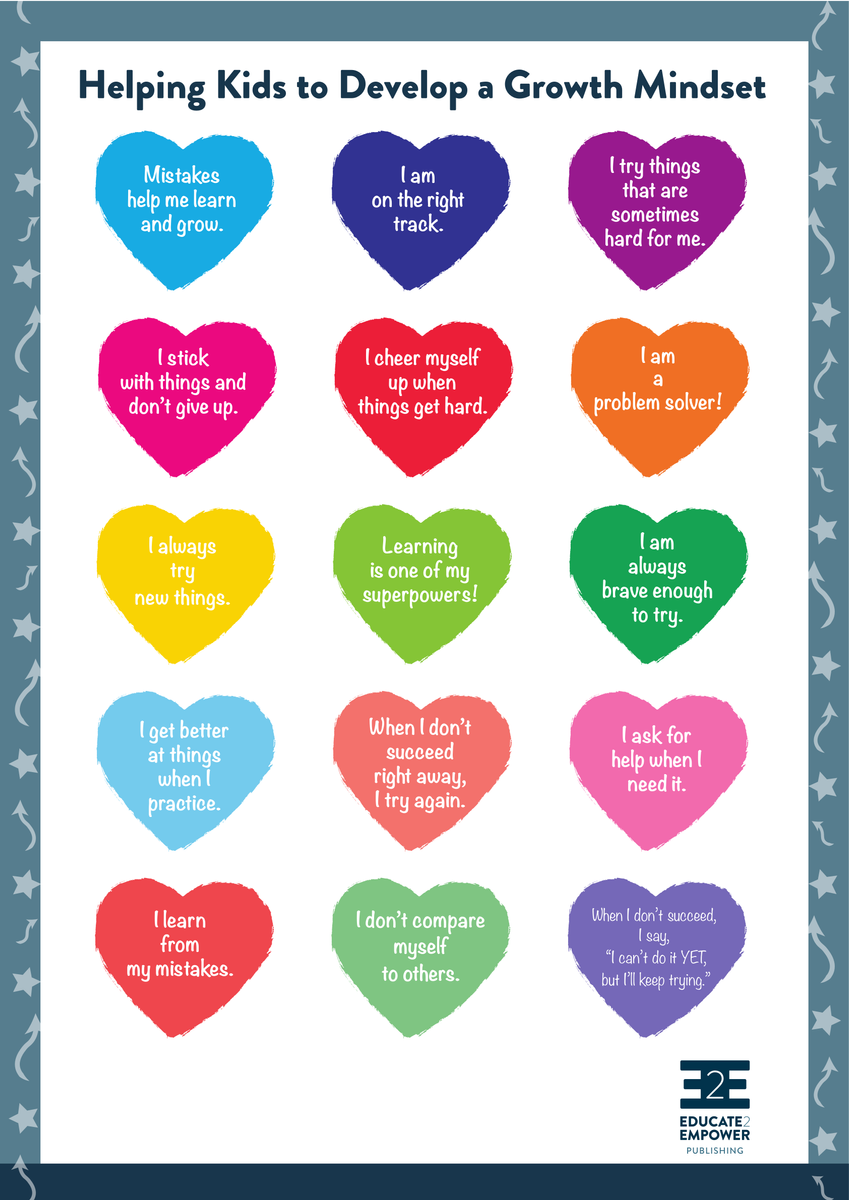Student Wellbeing

Growing Resilient and Independent Children
Parenting is often described as both the most rewarding and the most challenging role we will ever undertake. Many parents reflect on the journey of raising children and admit that, at times, it can feel like they're just one step ahead or even one step behind in working out how to nurture independence, confidence, and resilience in their children.
Throughout the parenting journey, there are moments of joy and ease, as well as times of frustration and uncertainty. As children grow, parenting doesn’t necessarily become easier; it simply presents a new set of challenges. It’s natural to want to step in and solve problems for our children, especially when we want to protect them from disappointment or struggle. But over time, many parents come to realise that doing so may unintentionally prevent their children from developing the coping skills they need to thrive.
Thinking back to our own childhood filled with outdoor play, scraped knees, and problem-solving without adult intervention, it's easy to see how much the world has changed. And yet, the need to build strong, capable, and resilient young people remains just as important.
Dr Meghan Walls, a paediatric psychologist, writes:
"As parents and caregivers, it is not our job to solve a child's problems for them. Instead, our job is to provide kids with the support they need and help them develop their own problem-solving tools."
Dr Walls reminds us that while stepping in can feel helpful, it can sometimes increase children's anxiety and reduce their ability to manage challenges independently.
One powerful strategy in helping children face challenges is to support the development of a growth mindset. At POPS, we encourage a growth mindset, the belief that abilities can be developed through effort, time, and perseverance. Rather than focusing on labels like “smart” or “talented,” we celebrate students’ effort, strategies, and progress. This approach helps children understand that mistakes and setbacks are valuable parts of the learning journey. Over time, it strengthens not only their academic resilience but also their emotional resilience, helping them navigate challenges with confidence and a positive outlook.
Resilience is the ability to recover from setbacks and move forward with strength and confidence. Resilient children aren’t expected to do everything alone; instead, they learn to navigate life’s challenges with support and guidance. Positive relationships at home and at school are the foundation of resilience.
As educators and parents, we share the important responsibility of preparing children to face the world with confidence. By giving them safe, age-appropriate opportunities to problem-solve, persevere, and reflect, we equip them with the tools they need to become strong, independent individuals.
Let’s keep the conversation going. Take a moment this week to reflect on a time when your child faced a challenge. Did they have a chance to try solving it themselves? What support could help them build their resilience next time?
We encourage you to speak with your child’s teacher or connect with other families to share strategies and ideas. Together, we can continue to nurture resilient, capable learners ready to grow, thrive, and lead in a changing world.

